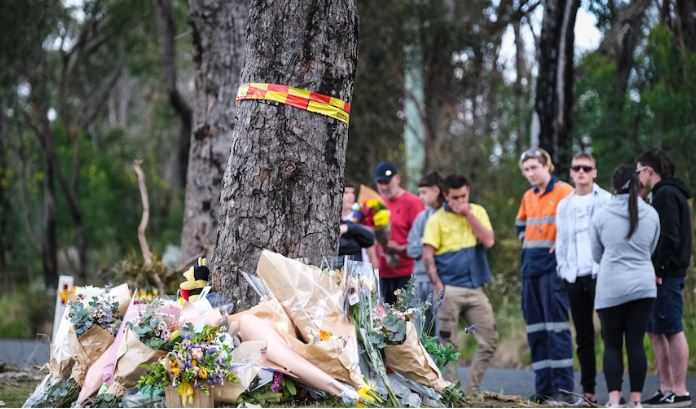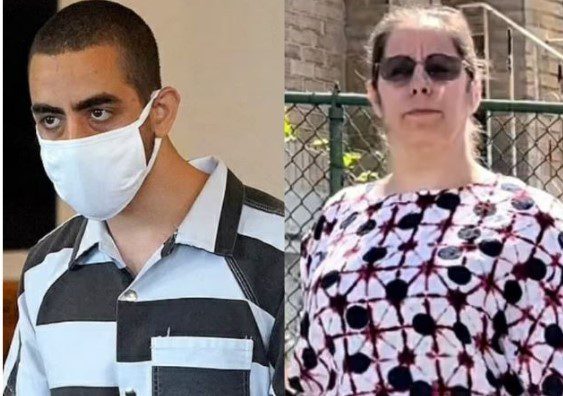
By Ghassan Nakhoul
Honourable Minister, many Lebanese suspect that your embassy in Beirut is either depriving them of their savings or, at best, that it is colluding, knowingly or unknowingly, with individuals who are using the people’s precarious financial situation to take their money and gather their personal data for shady purposes.
Serious allegations? Without doubt! They are not meant though to shock you, Your Excellency. The reality itself is shocking, and the claims are an embarrassment to Australia.
Hundreds of Lebanese have applied to travel to Australia since the year’s beginning in order to attend important family gatherings, as they have done in the past, but very few were successful. I am personally aware of at least twenty individuals, including mayors, JPs and clerics, whose requests to visit Australia during the previous two months were denied. The majority of them have been to Australia before, some even more than once, and they did not transgress the terms of their visa. Some of them included the Form 1149 for financial assurance with their application submissions. Many of them have a good record for travelling frequently abroad for temporary projects, commitments or exhibitions related to their professions, whether in Europe, the USA or the Arab Gulf countries. Some of them have even residencies in other countries, but they submitted their application to visit Australia from Beirut. They were all turned down for visas in a process marked by prejudice, stereotyping and ambiguity.
The processing of the applications seems dubious and shady. The process goes like this: a person either applies online or through a migration agent for a temporary visa to Australia. The applicant pays the migration agent exorbitant costs in addition to the visa fee. A few weeks later, and often just within a few days, the applicant is requested to visit a centre run by VFS Global in Beirut for their biometric data, including the eyes and all ten of their fingerprints. The applicant is informed of the unsuccessful results of their application within a few hours, and sometimes on the same day as the biometric collection. Did the decision-makers anticipate the outcome? If so, why would they require the applicant to pay again and request their biometrics? And how can they always know the outcome within hours of the biometric data collection if they were unaware of the application outcome prior to the biometric data collection? Are there any other uses for the Lebanese biometric information that is being collected? Whom are they being gathered for?
Your Excellency,
If there is a prior decision not to grant visas to Lebanese applicants to visit Australia, then this would be within your own rights and jurisdiction. However, to ensure that no one squander their desperately needed money in these trying times that Lebanon has been going through, you must be very clear and precise about this matter. This subject is quite ambiguous. Please elaborate on what is going on there. Why are so many applications for visas from Lebanon being turned down? Why is it assumed that every Lebanese who leaves Lebanon will not return to their homeland? This presumption is clear from the responses your embassy has given to applicants. Such assumptions are stereotypical and prejudicial. Moreover, why would biometric information still be required for the applicants who were rejected? How many Lebanese applied for temporary visas to travel to Australia this financial year? How many were accepted, and how many were turned down?
Australia is spending millions of dollars every year to warn people in countries that are suffering from strife, poverty, misery and lack of prospects for the future, from falling into the traps of people smugglers. This warning is absolutely necessary. People smugglers are brokers who trade in people’s lives. They take them out alive and bring them back dead. They amass their wealth by exploiting people’s suffering. However, the Australian policy towards visa applications in Lebanon is now questionable. Some are likening it to the practices of people smugglers.
There is currently a halt on any in-person enquiries at the Australian embassy in Beirut. Every interaction with the embassy is done online. Has this situation opened a door for dishonest migration agents to extort money from people? Undoubtedly, many migration agents are honourable and honest, but not all of them are. Do you have, Your Excellency, a system in place to separate migration agents into the good and the bad ones and alert the public about them, like you do with people smugglers? Is the facility that gathers biometric information answerable to you?
I am aware of your immense workload, and my open letter may not interest you, but that is a decision for your conscience.









